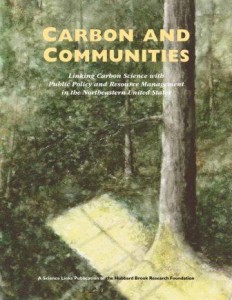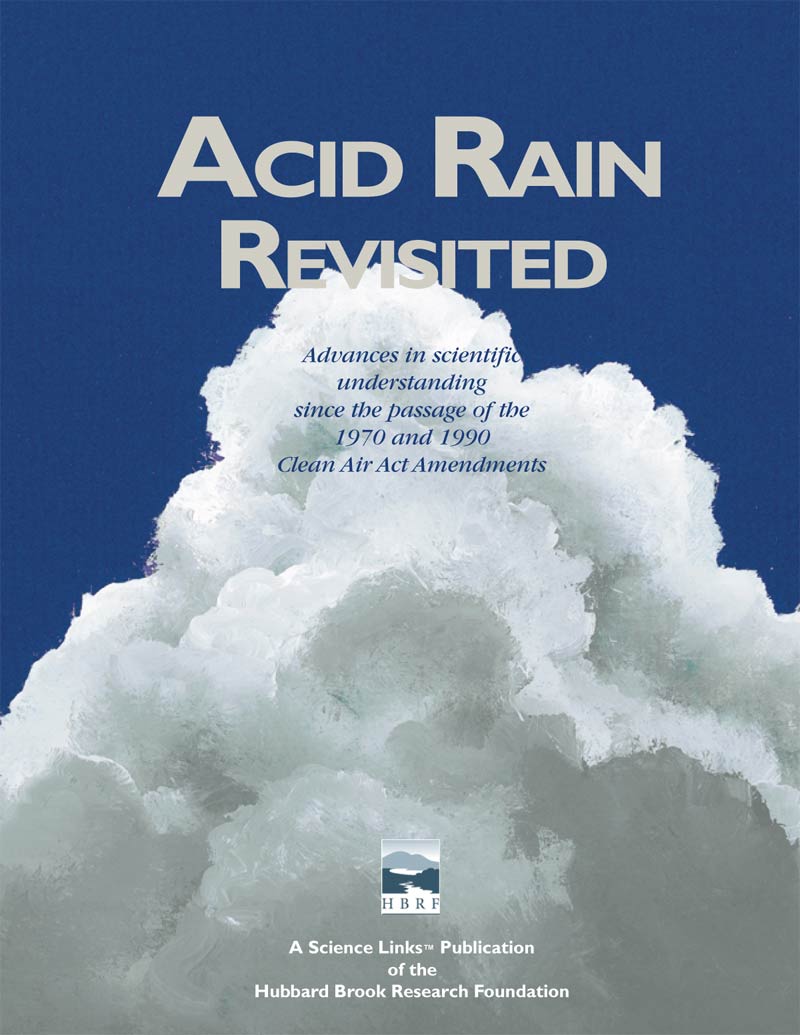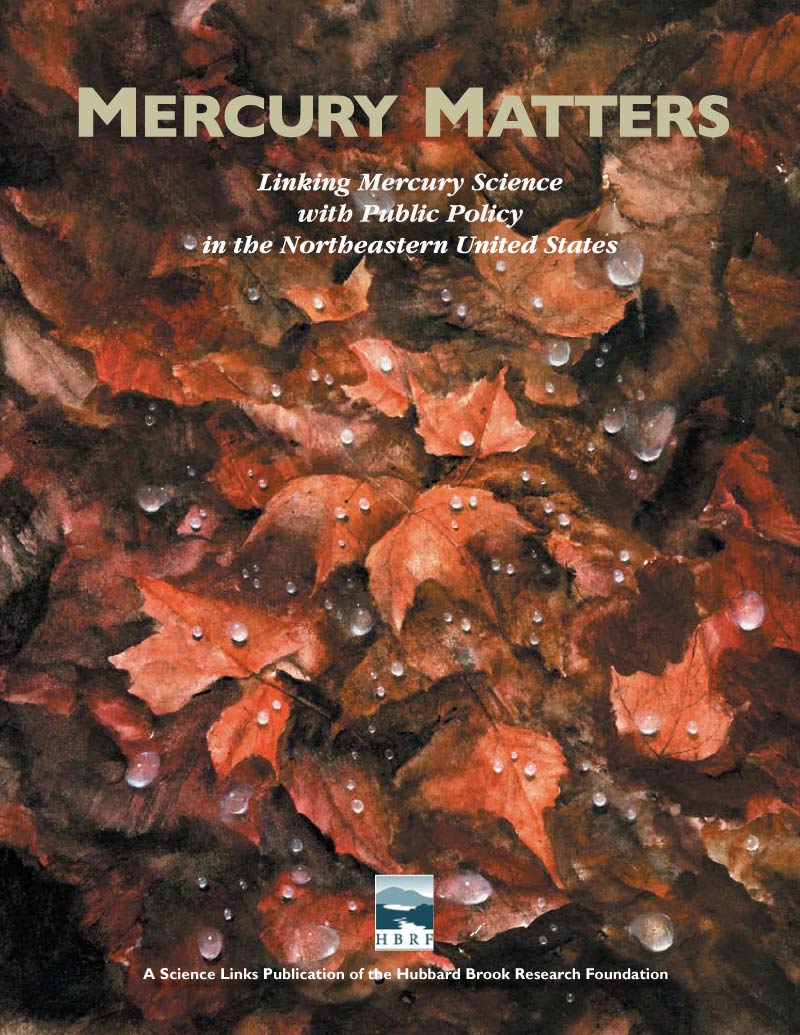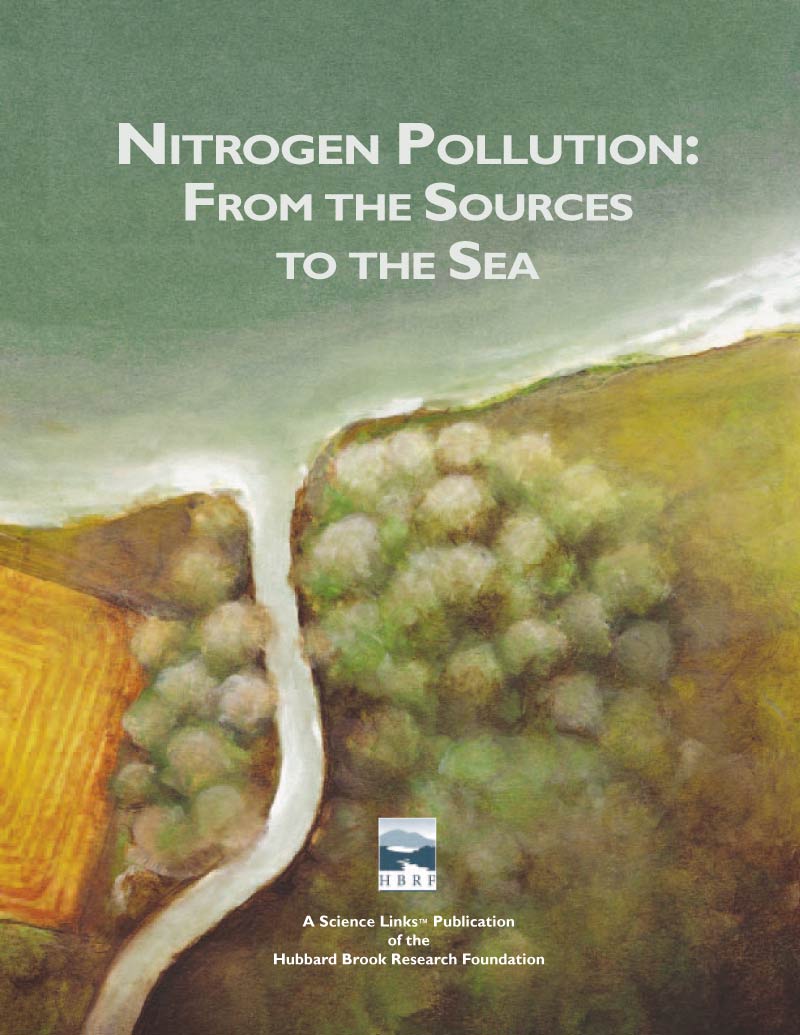The Science Links program was developed by the Hubbard Brook Research Foundation to help bridge the gap between science and public policy.
HBRF has completed four Science Links reports:
The task of this Science Links series on atmospheric pollutants is to define the critical public policy questions related to the specific pollutant; collect and analyze existing data regarding the specific sources and impacts of the pollutant; evaluate the relative effectiveness of real policy options under consideration for reducing or mitigating its effects; and work with HBRF staff and a team of communications and graphic design experts to translate and disseminate the findings from each project to high-level policy makers and the national media.
The National Science Foundation has lauded the Science Links program as national model for increasing the impact of long-term research in addressing environmental problems.
“The report is written in clear language accessible to lawmakers and non-scientists interested in environmental policy… the report, as part of the SCIENCE LINKS program, is not intended to advocate particular policy outcomes, but rather to provide scientific information on the likely consequences of potential actions and to ensure that this information is timely, clear and widely available.”
Science Links draws on several principles:
- Environmental policy is more effective and better serves the public when it is grounded in ecosystem science;
- Ecosystem science can be enriched by an awareness of current public policy questions and the social context in which the research occurs;
- Science serves the public best when it does not advocate particular policy outcomes, but rather provides scientific information on the likely consequences of potential actions in a timely, clear and widely available manner.
Science Links may be ordered, please contact our office: 802-432-1042.




